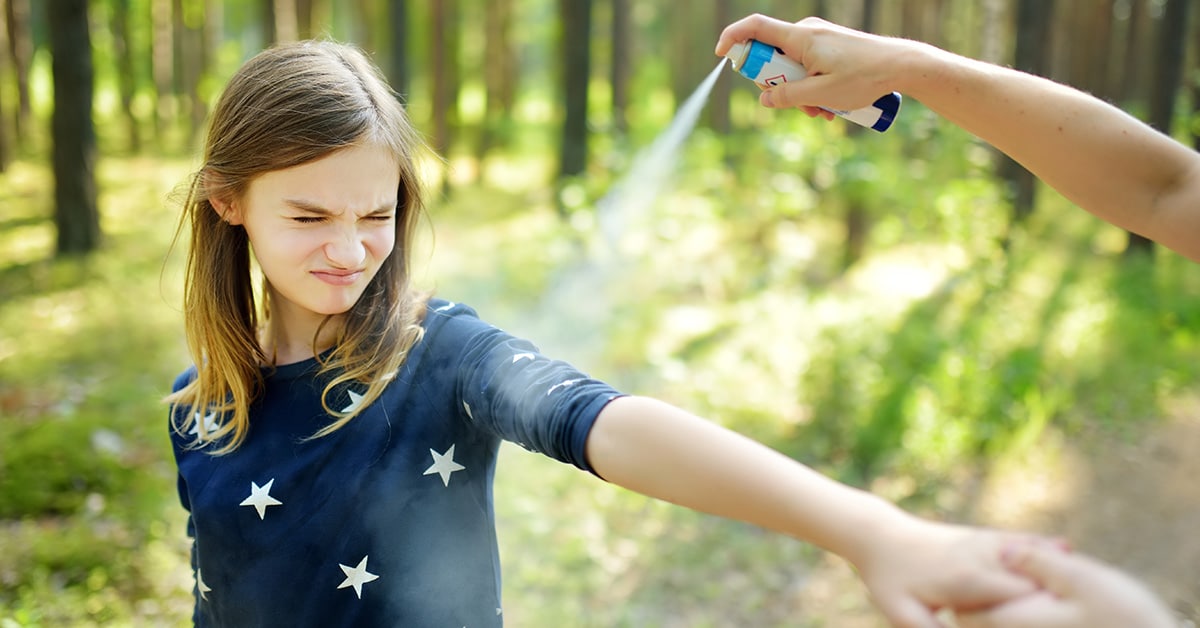
Know the Signs of Heat Stress and Heat-Related Illness in Your Child
Allury Arora Lal, MD, Pediatrician and Chief Medical Officer of Urgent Care for Children
There’s no question that children need exercise and regular physical activity for positive physical and mental health. But when the weather is warmer and children are outdoors, parents should take some simple precautions to prevent heat illness. Especially in the South, where the weather stays hotter longer, it’s important to be aware of the signs of overexposure to heat and humidity in children.
5 Steps to Prevent Heat Stress During Outdoor Activity
1. Warm-Up. Before beginning any intense activity or sport have your child warm-up to prepare the body for physical action. A gradual progression in activity, including mild stretching and low-intensity cardiovascular exercise, helps the body adjust to more strenuous workouts and an increase in body temperature. If your child is returning to sports after a prolonged period of minimal activity, for example, it’s best to slowly increase the intensity of training and play over several days before jumping right into game situations.
2. Hydrate. Hydrate. Hydrate. I can’t emphasize enough the importance of keeping children hydrated when engaging in any type of outdoor activity, especially during the warmer months.
– Encourage your child to drink freely throughout the day. Don’t wait for the sensation of thirst, which means the body is already in need of hydration.
– Have your child begin hydrating the day before a big game.
– While it may be trendy to stock up on sports drinks, water alone is just fine for keeping children hydrated.
– Know the signs of dehydration. Parents can tell if their child is dehydrated by monitoring the frequency of urination. Muscle cramps are also a telltale sign, so have your child drink up!
3. Take a break. During outdoor sports and activities that require exertion, make sure your child takes a break every 20 minutes especially when it’s very hot and humid. These conditions can cause the body to lose water through excessive sweat at a higher rate.
4. Choose appropriate clothing. Materials that wick away sweat and/or are more absorbent help regulate sweat evaporation. Choose light-colored, lightweight material that can help keep your child from overheating.
5. Protect your child from the sun. Apply sunscreen, even when the weather is cooler. Remember that sunscreen aren’t just for hot and sunny days; UV rays can penetrate even when it’s cloudy. If your child’s sport allows them to wear a hat this will help protect the head from the hot rays of the sun that cause an increase in body temperature. To protect your child’s eyes from UV light, sunglasses are always a good idea, if possible.
Signs of Heat Stress in Children and What Parents Should Do
Extreme heat exposure can cause extreme illness. In practice and games, parents and coaches should know the signs and symptoms of overheating in children, which include:
- Dizziness
- Lightheadedness
- Headache
- Nausea
- Heat rash
- High fever, confusion, and even shock can occur in the most severe instances of heat-related illness, also known as heat stroke, a life-threatening emergency.
If a child experiences any symptoms of heat stress:
- Move the child to a cooler, air-conditioned area as soon as possible to bring the body temperature down. A cool bath or cold compress may help regulate the body temperature.
- Increase hydration to replenish the loss of water from sweat and minimize the occurrence of dehydration.
- If dehydration is suspected, water is best. Parents can also try salty foods like pretzels or chips which can help replenish the body’s salt levels.
- Symptoms of heat stress should diminish within 1-3 hours. If your child is still feeling ill after three hours, consider having your child evaluated.
When to Have Your Child Evaluated by a Pediatric Specialist
Call your nearest pediatric urgent care center if your child experiences signs of severe heat-related illness including persistent vomiting caused by dehydration or a fever that goes above 104 degrees Fahrenheit for more than two hours.



